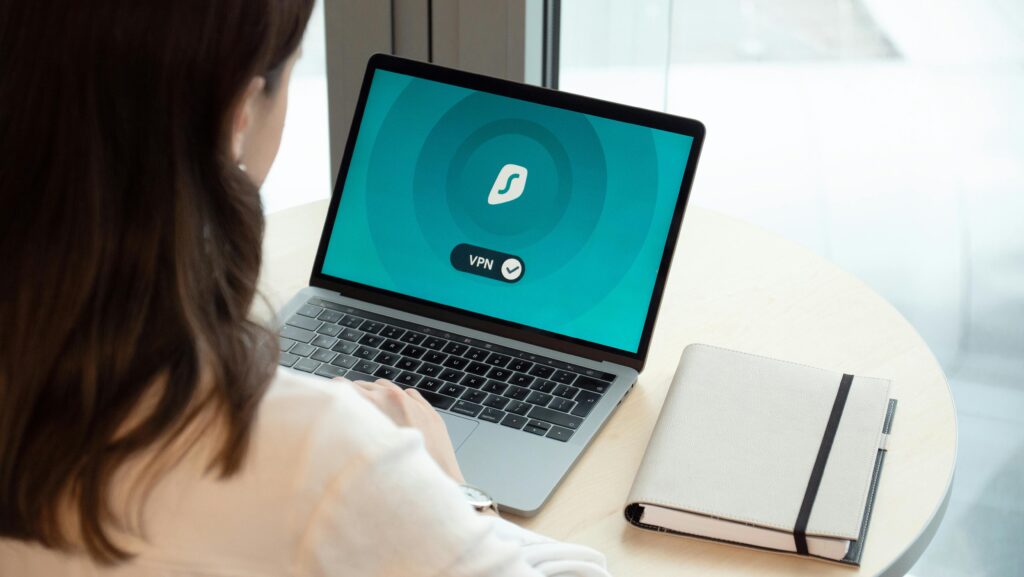Virtual Private Networks (VPNs) have become a cornerstone of online privacy and security. Whether you’re browsing the web, accessing sensitive information, or trying to maintain anonymity, a VPN can offer a layer of protection. However, the internet is full of misconceptions about VPNs, leading many users to misunderstand their capabilities and limitations. We’ll explore what a VPN is, address common myths, and highlight the reasons why it remains a vital tool in today’s digital landscape.
Understanding VPNs
A VPN, or Virtual Private Network, is a tool that creates a secure and encrypted connection over a less secure network. VPNs serve various purposes, including:
- Privacy: They hide your IP address and location, making your online actions largely anonymous.
- Security: VPNs encrypt your data, making it difficult for hackers and malicious actors to intercept and access your information.
- Access: They enable users to bypass geo-restrictions on content, allowing access to services and websites unavailable in specific regions.
Common Misconceptions About VPNs
Despite their advantages, several myths surrounding VPNs can lead to confusion:
- VPNs Make You Completely Anonymous: Many users believe that a VPN offers complete anonymity. While VPNs do mask your IP address, they can’t guarantee total anonymity. Your online activities can still be tracked if you log in to accounts or use services that require personal information. The VPN provider may also be able to not only see your real IP address but also log your activities.
- VPNs Provide Absolute Security: VPNs significantly enhance security; however, they are not silver bullets. Users must still employ good security practices, such as keeping software updated and using strong passwords.
- VPNs Slow Down Internet Speed: While it’s true that a VPN can slow down your connection due to encryption overhead and routing through remote servers, many high-quality VPN services optimize their networks to minimize the impact on speed.
- VPNs Are Only for Criminals: This misconception stems from the idea that only those engaged in nefarious activities would use them. In reality, privacy and security concerns drive widespread VPN adoption among individuals and organizations.
- All VPNs Are the Same: This is misleading, as VPN providers differ in features, encryption standards, logging policies, and performance. Choosing a trustworthy provider is crucial for ensuring security and privacy.
Why VPNs Remain a Useful Tool
Here are several reasons why VPNs continue to be valuable in an ever-evolving digital landscape:
- Enhanced Privacy: Using a VPN encrypts your internet traffic, keeping your online activities private from ISPs, marketers, and potential hackers. This is especially important in an age where data collection is rampant.
- Secure Public Wi-Fi Usage: Public Wi-Fi networks are notorious for being insecure. A VPN adds a layer of protection, securing your connection and safeguarding sensitive information while using these networks.
- Bypassing Censorship and Geo-Restrictions: In some countries, access to specific websites and services may be restricted. VPNs enable users to bypass these barriers, allowing for unrestricted access to information and content.
- Safe Remote Work: For organizations utilizing remote work models, VPNs create secure connections for employees to access sensitive data and internal networks safely from outside the office.
- Protection from ISP Throttling: ISPs may throttle bandwidth for specific activities, such as streaming or gaming. A VPN can help mitigate this by masking your traffic type, potentially improving performance.
Practical Use Cases: Leveraging VPNs Effectively
- Remote Access: Employees working from home can securely access company resources through a VPN.
- Travel: Users can connect to their home country’s services and content while traveling abroad securely.
- Streaming: Many use VPNs to stream content from libraries of platforms like Netflix or Hulu which differ depending on the viewer’s location.
While VPNs are not universal solutions, they represent an essential tool for enhancing online privacy and security. By understanding what VPNs can and cannot do, users can make informed decisions about when to use them. As online threats continue to evolve, maintaining a proactive attitude towards cyber hygiene, including the proper use of VPNs, is key to a safer online experience.
Resources:
https://www.cnet.com/tech/services-and-software/dont-fall-for-these-7-vpn-myths

